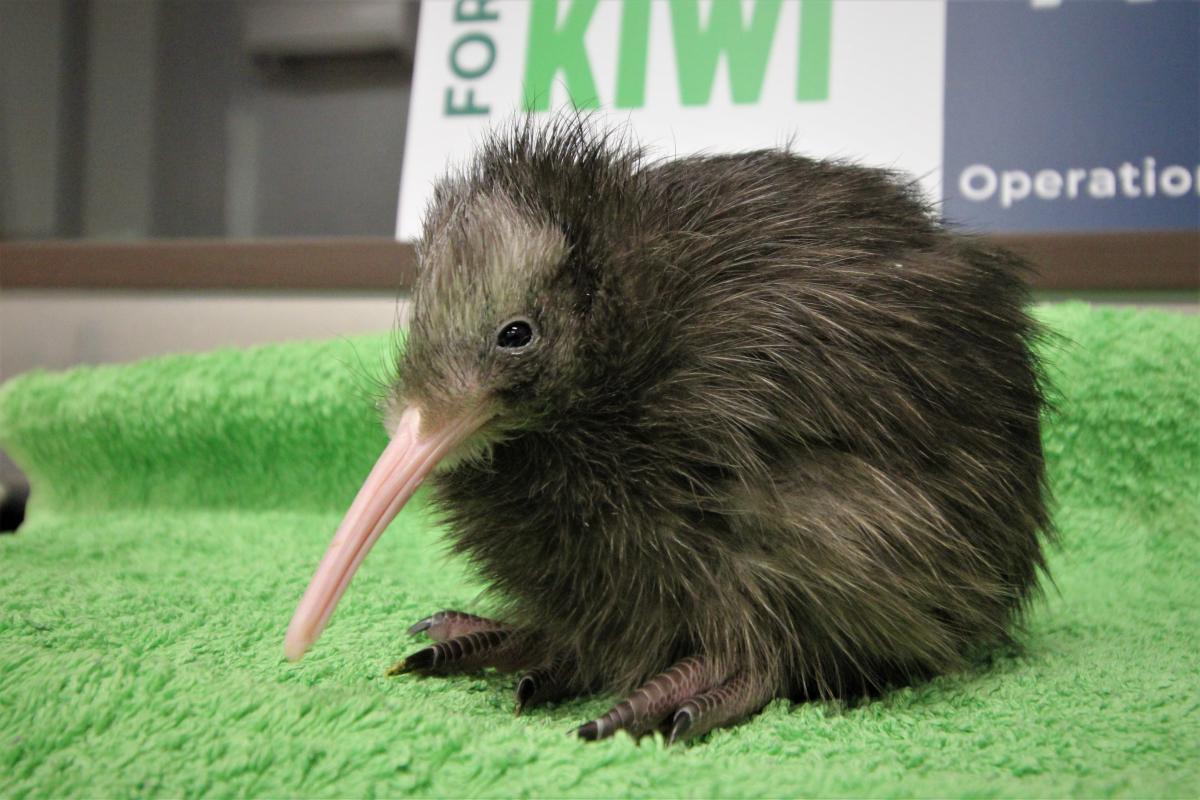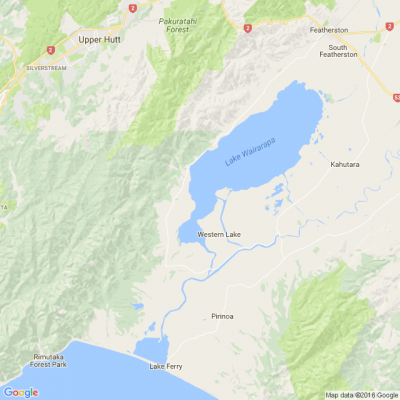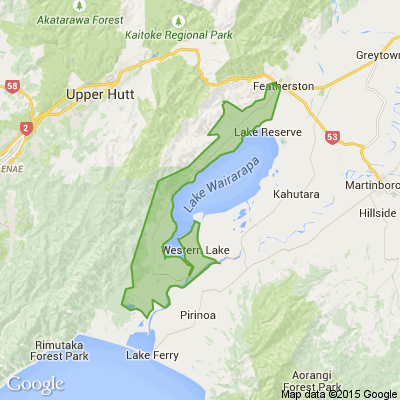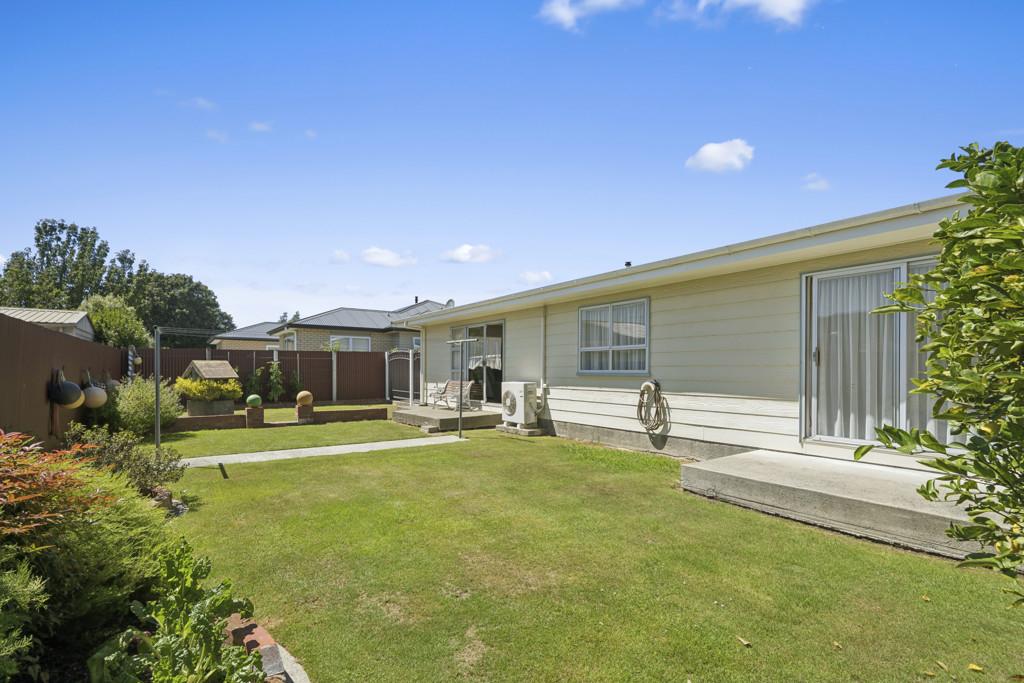PM's kiwi hatches at Pūkaha
Pūkaha National Wildlife Centre is pleased to announce the successful hatching of Koha Te Aroha, the small kiwi chick named by Prime Minister Jacinda Ardern. The Prime Minister’s kiwi hatched on Friday 8th of November 2019 at 6.30pm and weighed just 306 grams. The chick’s sex is not obvious but can be determined after six months if feathers are sent for DNA testing. The hatching follows the Prime Minister’s visit to Pūkaha on 7th November 2019, where she was welcomed by Mike Kawana, the kaumātua for Rangitāne o Wairarapa, and invited to name one of the kiwi eggs waiting to hatch in an incubator.
A thrilled Jacinda Ardern – and now proud new ‘kiwi’ mother - was said to be ecstatic at the news of the successful hatching. It was also the first time she had ever named a kiwi. The Prime Minister said, “It was humbling to be able to, for the very first time, name one of our most beloved birds. I thank Rangitāne o Wairarapa for giving me this special honour”.
Ardern named the wee kiwi Koha Te Aroha (gift of love) in acknowledgement of the Wairarapa iwi’s incredible gifting to New Zealand of Pūkaha’s 942 hectare forest reserve that will happen in February 2021. She said the reciprocity of giving and love, also evident in her daughter’s name, played a part in her decision. “In the same way that I considered naming Neve Te Aroha, I thought about the people around us that had so much hope for our future and showed us incredible kindness and so it was in the spirit of giving, and the generosity of Rangitāne o Wairarapa who have gifted the land for Pūkaha, that Koha came to mind”, she said.
Koha Te Aroha is from one of a batch of kiwi eggs given to Pūkaha for hatching in 2019 through the Kiwis for kiwi programme, Saving the Kiwi. This aims to reverse the decline of kiwi numbers in New Zealand and instead grow the overall kiwi population by 2% every year. It does this using Operation Nest Egg to stock a few predator-free sites, called kiwi kōhanga. These are usually islands, or predator-free fenced sanctuaries. Eggs are collected from the wild, incubated in a facility such as Pūkaha National Wildlife Centre, and the chicks released to the kōhanga at around 3 or 4 weeks of age. There, they will grow, find a mate, and have chicks of their own. In time, the young kiwi will be removed and released to safe places in the wild.
Koha Te Aroha will spend next 20 days at Pūkaha gaining strength for the journey to Sanctuary Mountain Maungatautari, a kiwi kōhanga site near Cambridge. It is hoped the new hatchling will remind others of the gifts of love, kindness and giving and be an advocate for kiwi conservation in the years to come.

Share your favourite main crop potato recipe and win a copy of our mag!
Love potatoes? We will give away free copies of the May 2026 issue to readers whose potato recipes are used in our magazine. To be in the running, make sure you email your family's favourite way to enjoy potatoes: mailbox@nzgardener.co.nz, by March 1, 2026.

Have you got New Zealand's best shed? Show us and win!
Once again, Resene and NZ Gardener are on the hunt for New Zealand’s best shed! Send in the photos and the stories behind your man caves, she sheds, clever upcycled spaces, potty potting sheds and colourful chicken coops. The Resene Shed of the Year 2026 winner receives $1000 Resene ColorShop voucher, a $908 large Vegepod Starter Pack and a one-year subscription to NZ Gardener. To enter, tell us in writing (no more than 500 words) why your garden shed is New Zealand’s best, and send up to five high-quality photos by email to mailbox@nzgardener.co.nz. Entries close February 23, 2026.

Poll: 🤖 What skills do you think give a CV the ultimate edge in a robot-filled workplace?
The Reserve Bank has shared some pretty blunt advice: there’s no such thing as a “safe” job anymore 🛟😑
Robots are stepping into repetitive roles in factories, plants and warehouses. AI is taking care of the admin tasks that once filled many mid-level office jobs.
We want to know: As the world evolves, what skills do you think give a CV the ultimate edge in a robot-filled workplace?
Want to read more? The Press has you covered!

-
52.2% Human-centred experience and communication
-
14.9% Critical thinking
-
30.1% Resilience and adaptability
-
2.8% Other - I will share below!







 Loading…
Loading…




